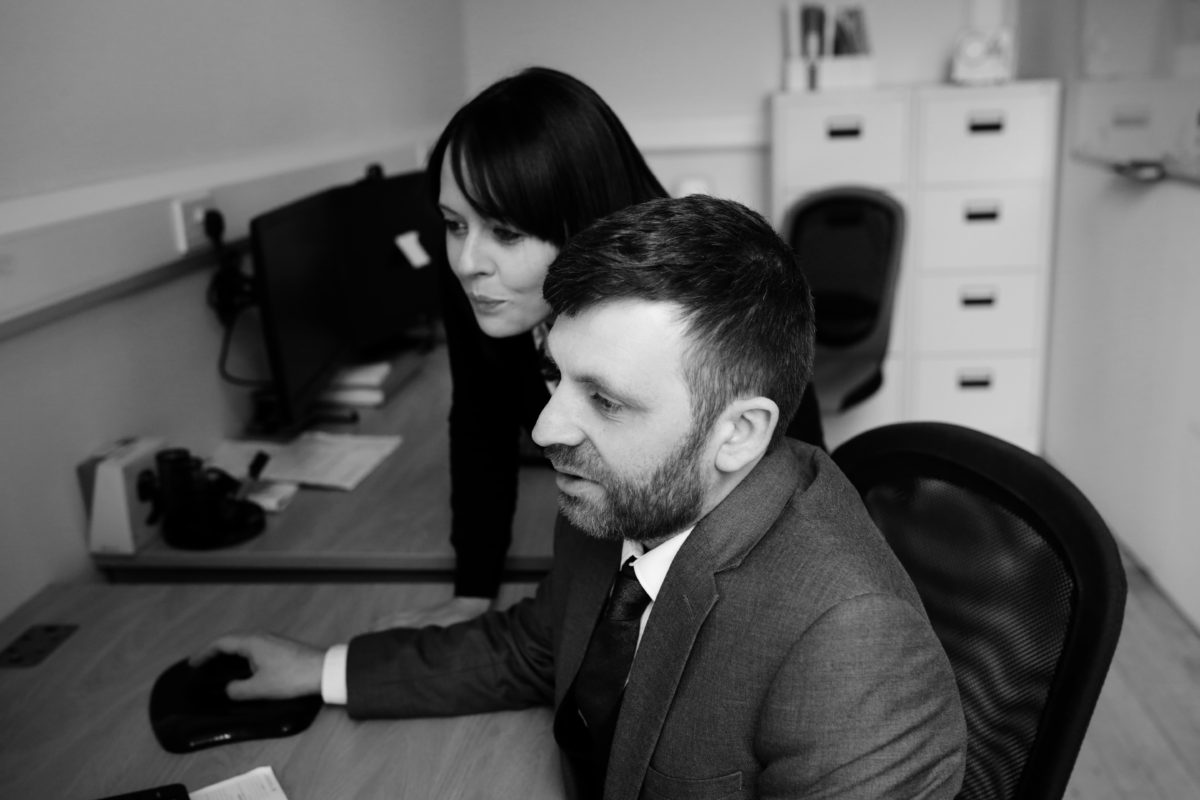Q. “Can you deal with HMRC on my behalf?”
A. “One of the many benefits of engaging us to work for you is that we can become your agent with HMRC.
This is straightforward for us to set up and once we’ve been granted agent authorisation, we receive all correspondence relating to your tax affairs (aside from tax bills and refunds, you will receive letters about these matters too).
We can also become your agent for VAT, should this be applicable.
It’s not only accountants who can act as your agent, however, you must ensure that when seeking agent representation that your agent meets HMRC’s ‘standard for agents’ criteria”.
Tax doesn’t need to be taxing, say HMRC. It’s even less taxing when you’ve got an agent in your corner!










